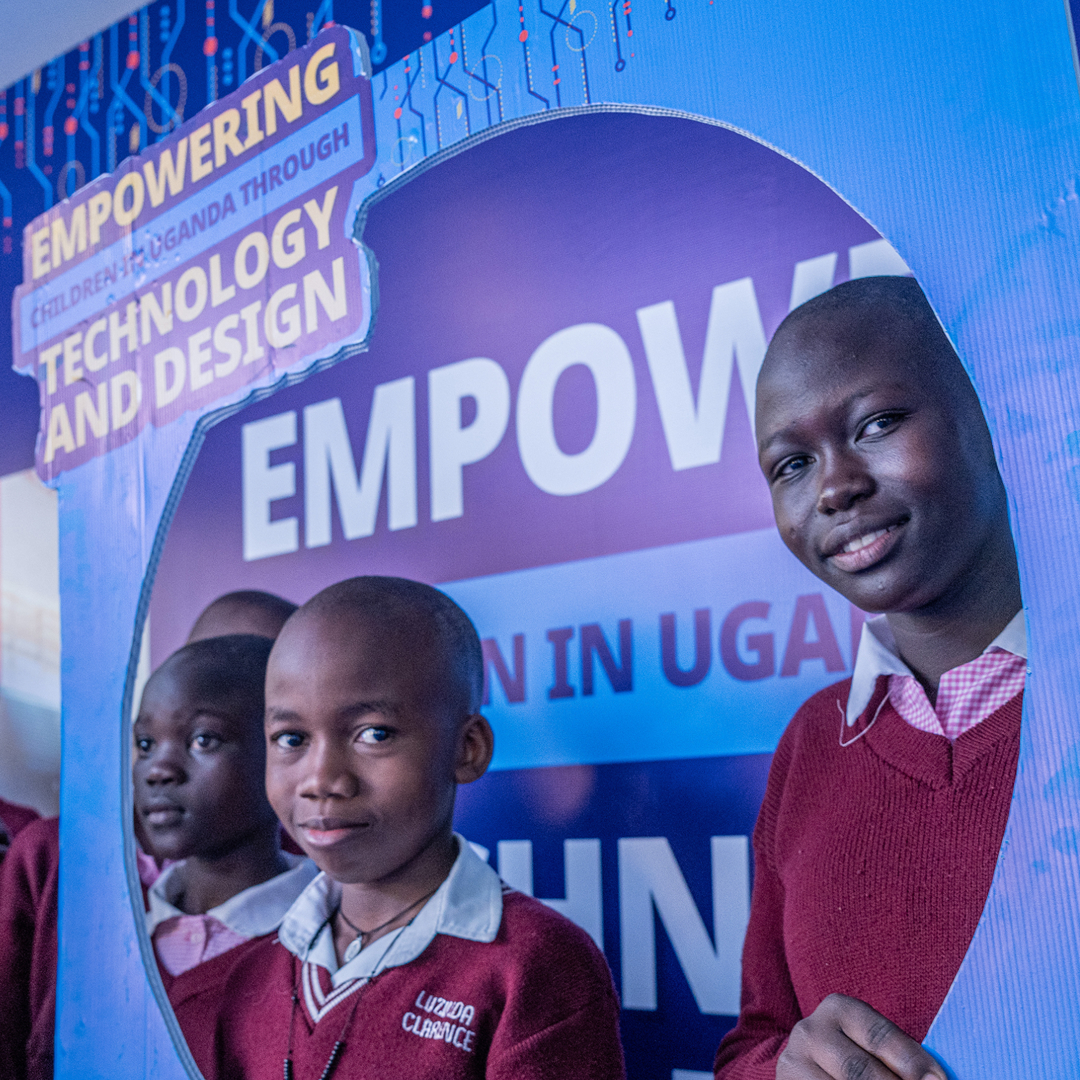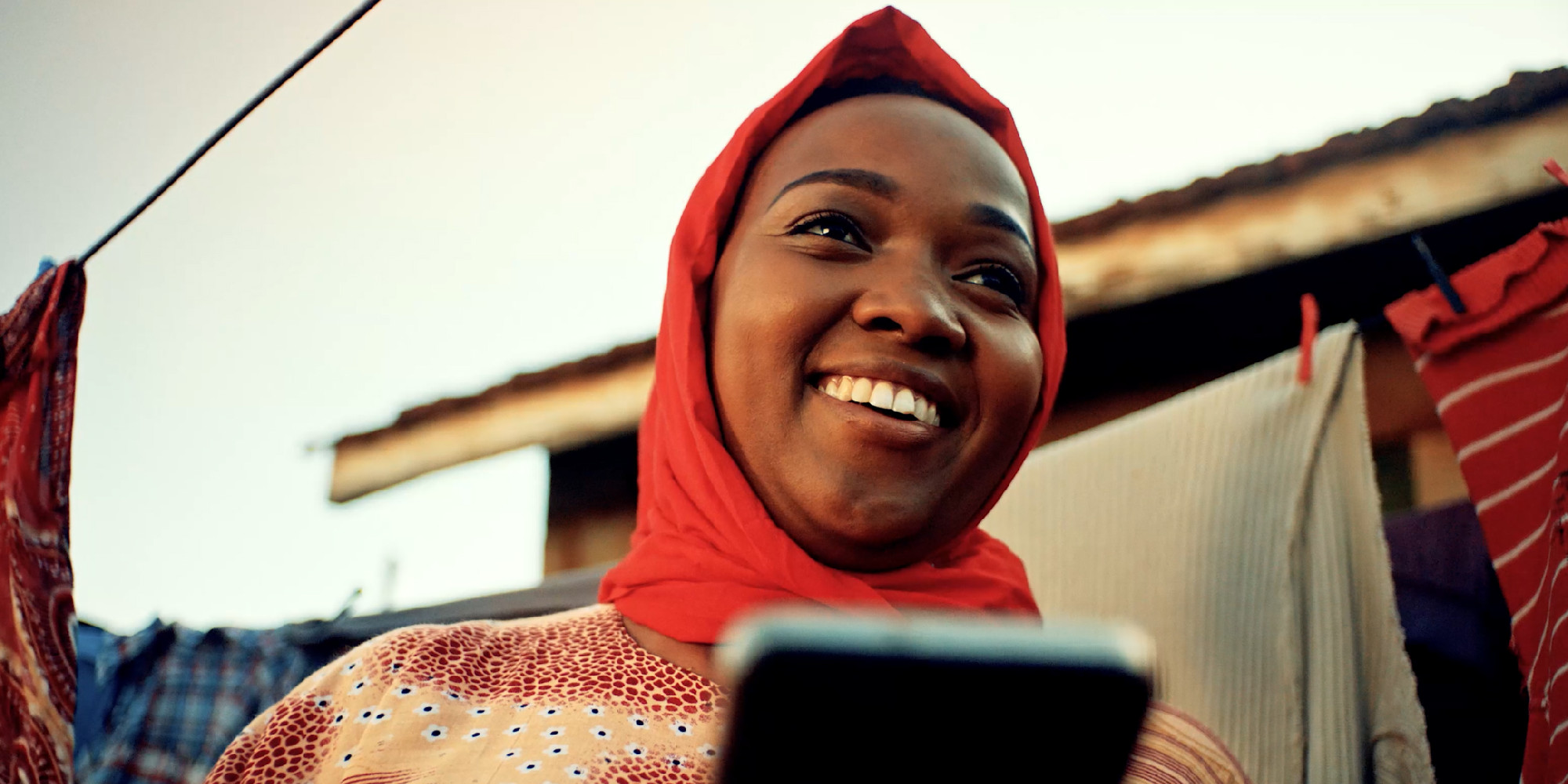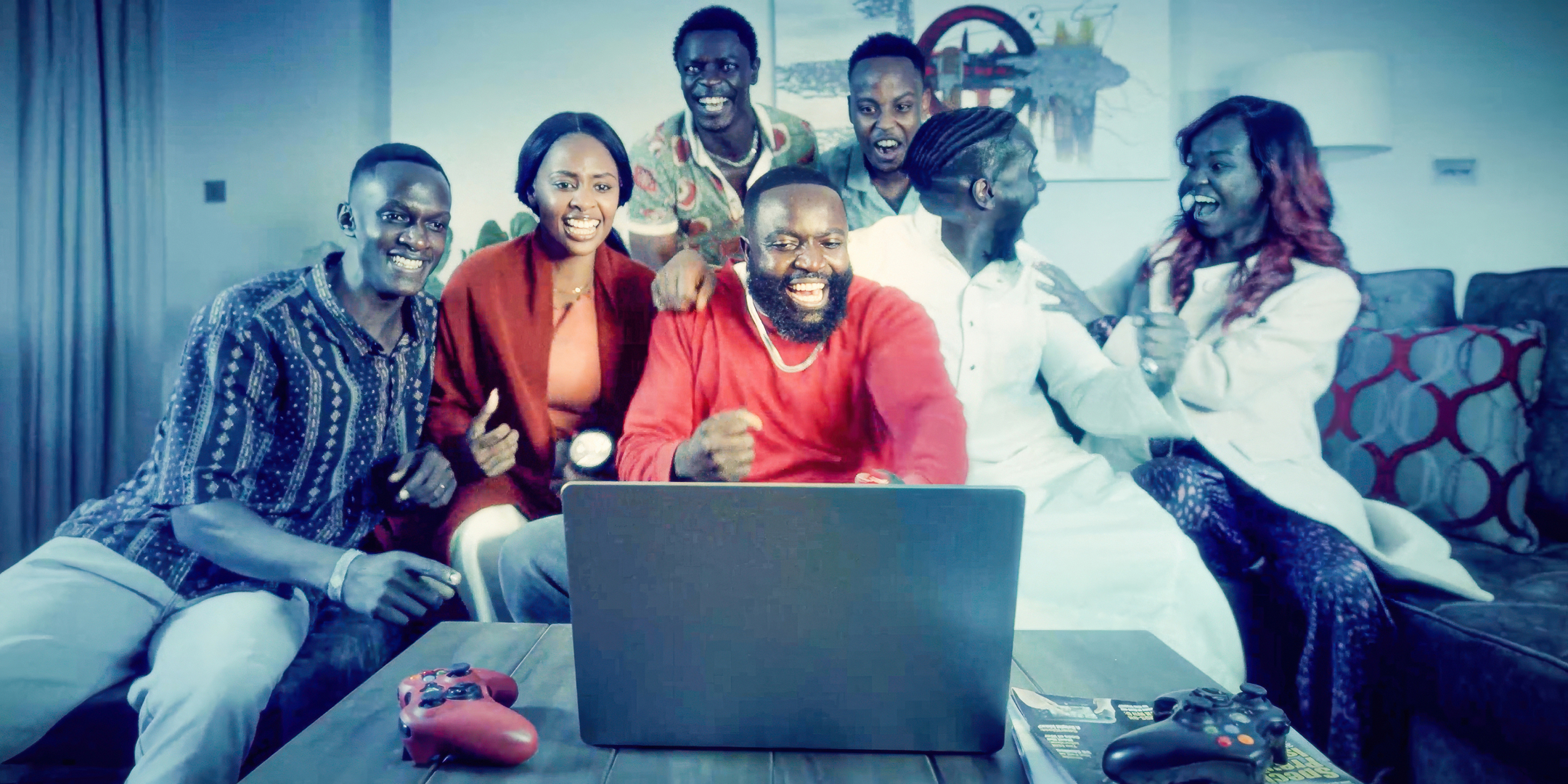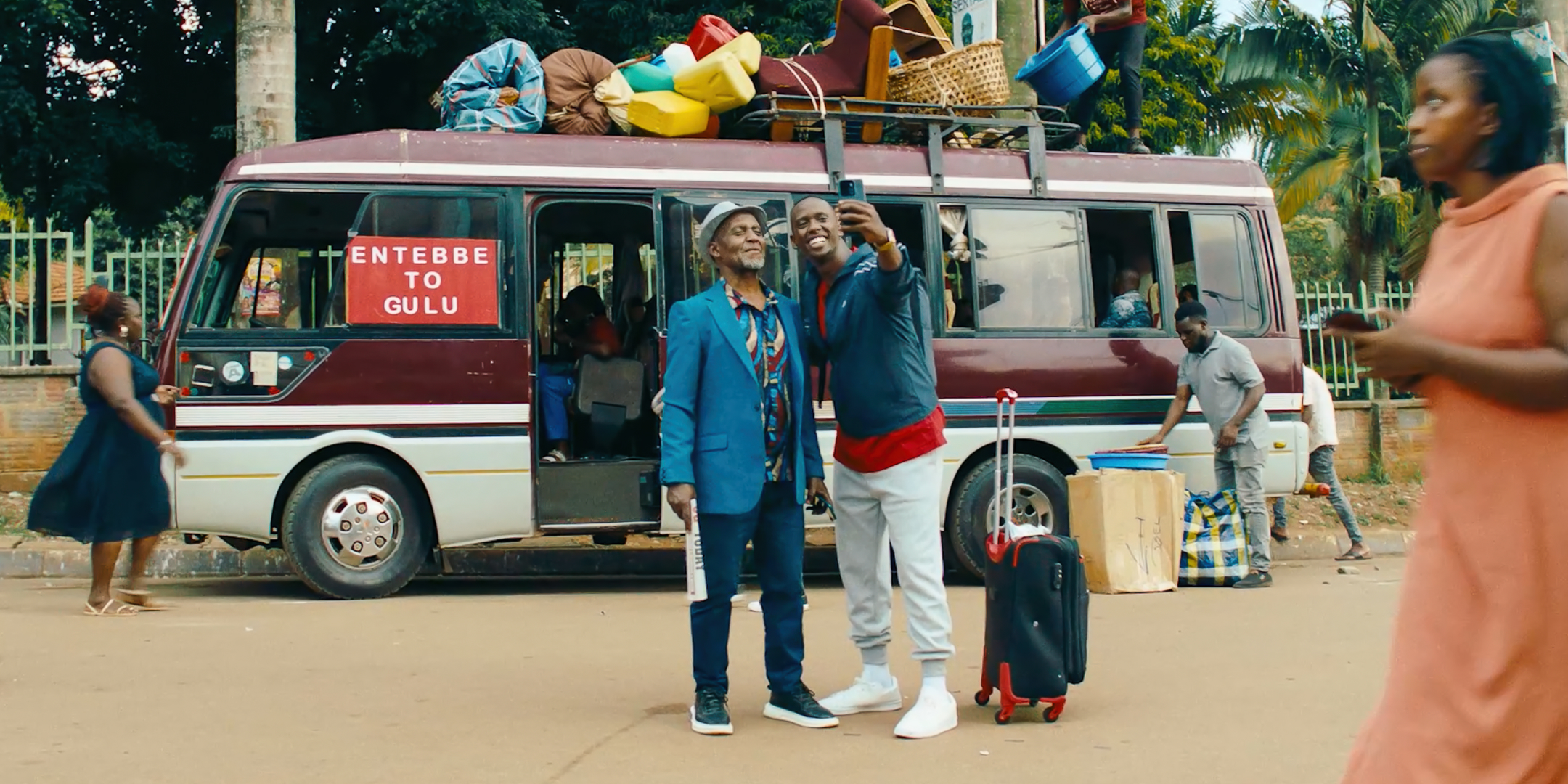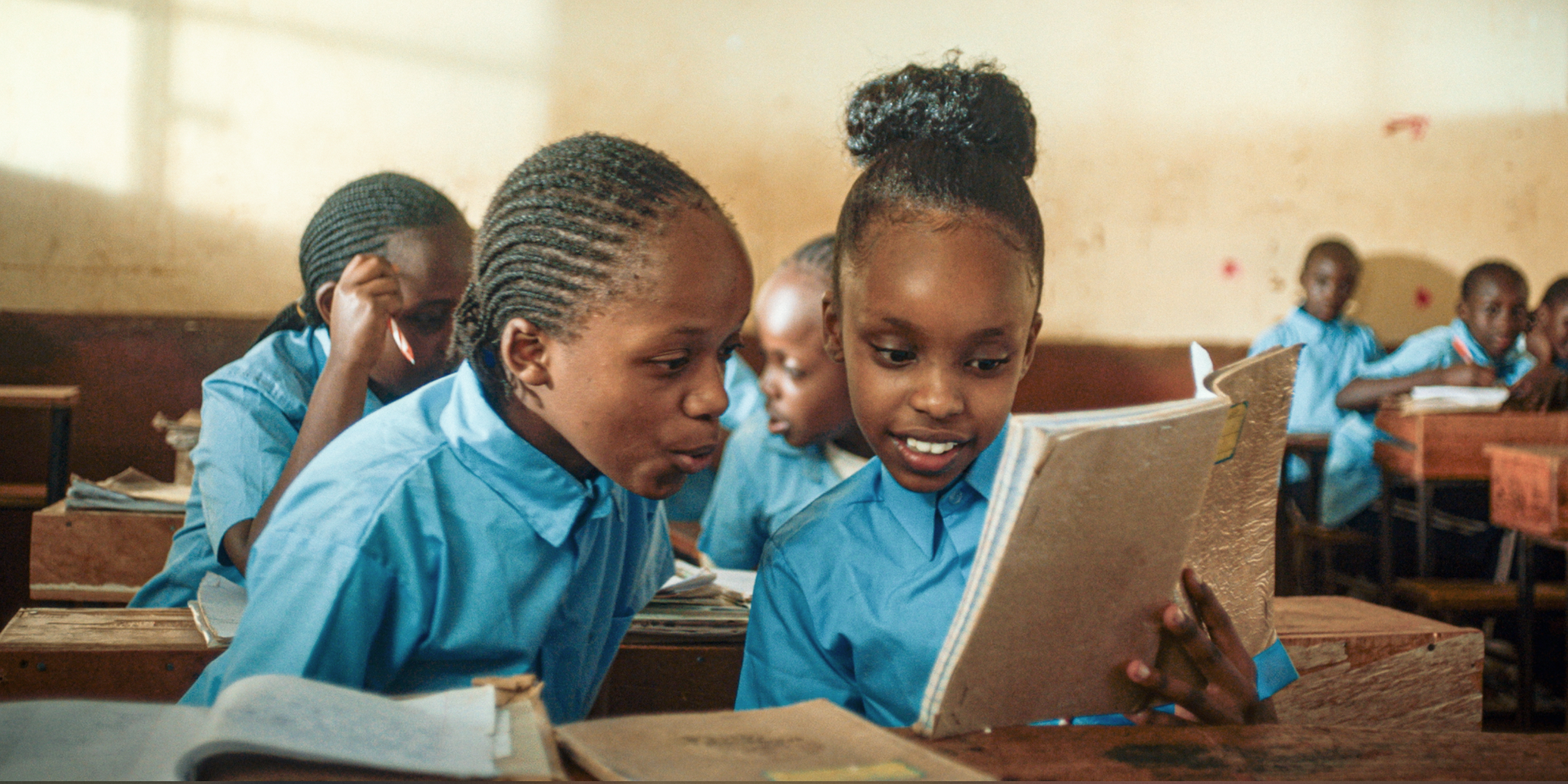Education and digital literacy are material topics
Access to education
At Airtel Africa, we are committed to transforming lives through access to quality education.
By leveraging our connectivity infrastructure and forming strategic partnerships, we aim to provide students and teachers with the tools they need to succeed in a digital world. Through initiatives such as our landmark partnership with UNICEF and targeted community support, we continue to drive digital literacy and improve access to learning resources across our 14 markets.
Our focus areas
Partnerships
A landmark partnership with UNICEF provides children with free access to zero-rated educational content and connectivity in 13 out of our 14 countries of operation. We’re committed to working in collaboration: We will maintain our local partnerships and also look for opportunities to build relationships with potential new partners.
Connectivity for education
Where network services exist, we work with schools to ensure they have the equipment necessary to connect to the internet.
Supporting schools in need
We are committed to long-term support for schools and students in disadvantaged areas, ensuring they receive the educational materials and infrastructure required to improve learning outcomes.
GRI framework
GRI 203-1 Infrastructure investments and services supported
GRI 203-2 Significant indirect economic impacts
Our approach to access to education
Airtel Africa plays a pivotal role in advancing digital education across the continent by providing connectivity and digital learning solutions in collaboration with global and local partners. Our approach focuses on enhancing digital literacy, equipping teachers with training and supporting schools through direct contributions to educational programmes. We advocate for improved digital education policies and infrastructure through partnerships with educational institutions and governments.
1
Africa’s growing youthful population is the key to accelerating the continent’s economic growth and driving greater prosperity for all. The partnership between Airtel Africa and UNICEF aims to empower Africa’s young people through access to digital education, fostering their talents and enabling them to excel in a technology-driven world.
2
Emeka Oparah
Head of corporate communications and CSR
Governance
Access to education is managed under the corporate social responsibility (CSR) and corporate communications functions, with oversight from executive leadership. Key governance elements include:
- CSR teams lead relationships with UNICEF and other education-focused partners
- Network and enterprise teams ensure seamless connectivity to schools and support internet infrastructure deployment
- Regulatory and sustainability teams work with governments and institutions to influence policy and drive sustainable digital education initiatives
- CSR and sustainability teams tracks progress against key performance indicators, ensuring alignment with our commitment to SDG 4.
This structure ensures accountability and effectiveness in delivering meaningful educational support across our markets.
$2.7m
our total spend on corporate social responsibility (CSR) programmes and initiatives in 2024/25
Key performance indicators (KPIs)
1.6 million
schoolchildren who have accessed the internet and online educational platforms in 2024/25
2,176
schools connected to the internet free of charge
34
number of certified educational online platforms which were zero-rated
(25 in 2023/24)
1.2m GB
volume of data distributed under this programme free of charge to the users
Progress update against our targets in 2024/25
Through the landmark $57m partnership with UNICEF, we made further progress in expanding digital education access. Airtel Africa and UNICEF deepened their collaboration at both regional and country levels, working closely to track progress and refine implementation strategies. This strengthened partnership fostered greater clarity around roles and expected outcomes, leading to operational efficiency and enhanced performance achieved in this reporting period.
In 2024/25, we connected approximately 1,000 schools to the internet, increasing our reach to 2,176 schools across 13 markets. In Nigeria, for example, 1,125 schools are now connected to the internet, benefitting more than 850,000 students. In Rwanda, the number of connected schools grew from 21 in April 2024 to 301 as of 31 March 2025, marking a significant expansion in digital learning opportunities.
We provided zero-rated access to 34 certified educational platforms, up from 25 in the previous year, ensuring that students and teachers can access essential digital resources without data costs.
We also continued to expand connectivity initiatives beyond our UNICEF partnership. In Niger, for example, we connected six youth centres in the Zinder region, benefitting over 500 young people. We remain committed to identifying alternative ways to support schools and communities in need. This commitment is highlighted by our work in Gabon, where our partnership with ZOHA has helped alleviate financial barriers for children in vulnerable communities.
Through continued investment in digital education and collaboration with global and local partners, we’re working towards our goal of transforming the lives of over one million children through education by 2027.
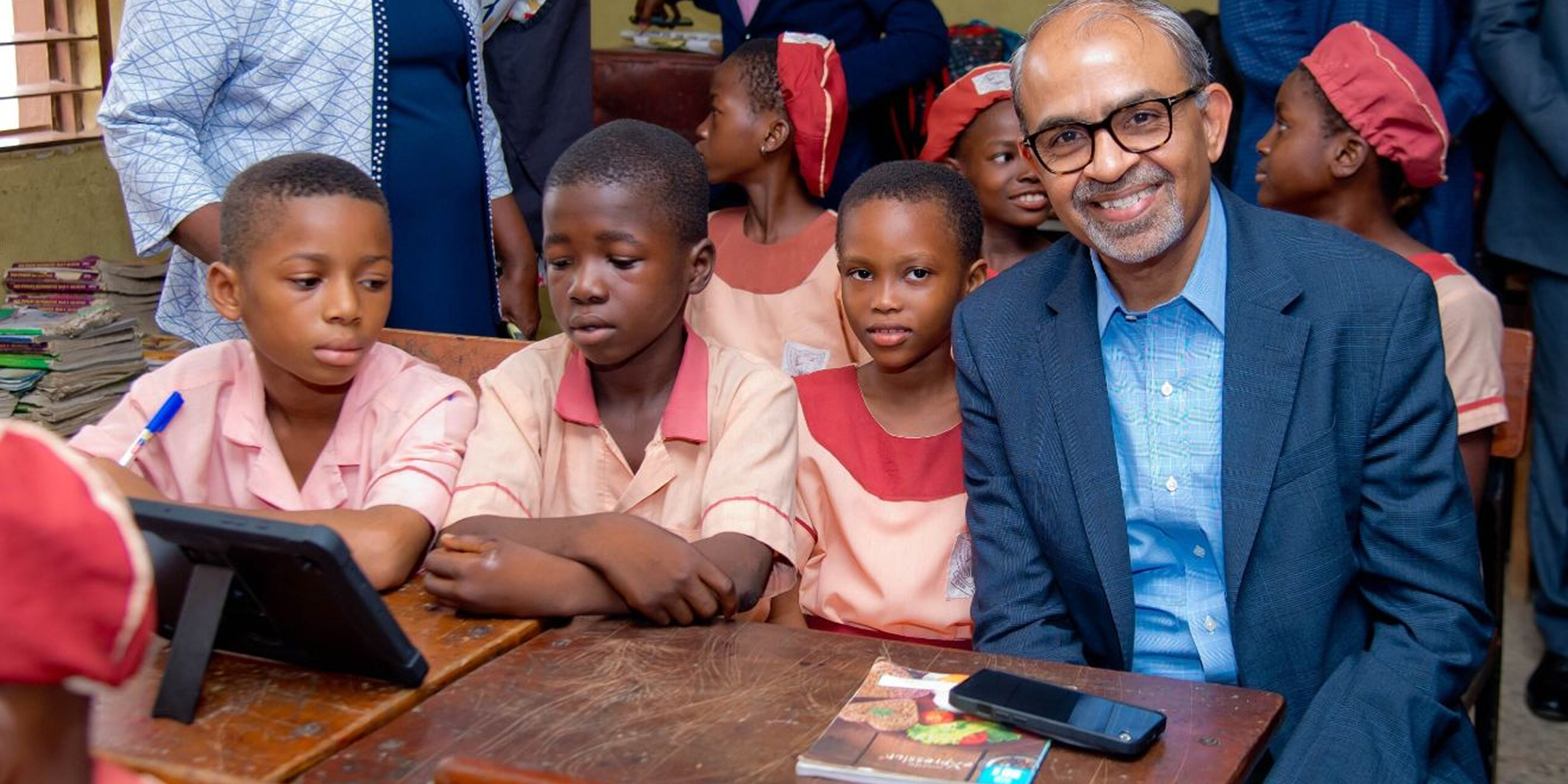
1
By working together, Airtel Africa and UNICEF have connected classrooms to the internet, supported teachers and brought digital learning to the fingertips of children who might otherwise be left behind. It’s not just about technology – it’s about giving every child a fair chance to learn, grow and thrive, helping to build a more inclusive and hopeful future for children across Nigeria and beyond.
2
Celine Lafoucriere
Chief, UNICEF Lagos Field Office
Access to education in action
Connecting schools to the internet in Tanzania
In December 2024, Airtel Tanzania donated 50 internet routers and connected 20 public schools in Rombo, Kilimanjaro, as part of its Airtel Smart Wasomi initiative. Airtel Tanzania’s continued efforts to improve the education sector via local partnerships play a critical role in addressing challenges in education.
1
This internet service will significantly improve the learning environment for our students in Rombo district, ensuring they excel academically. On the same note, our teachers will get to access modern teaching tools, adopt innovative methods and enhance their skills to deliver more engaging and impactful lessons.
2
Adam Ally
Teacher, Rombo district, Tanzania
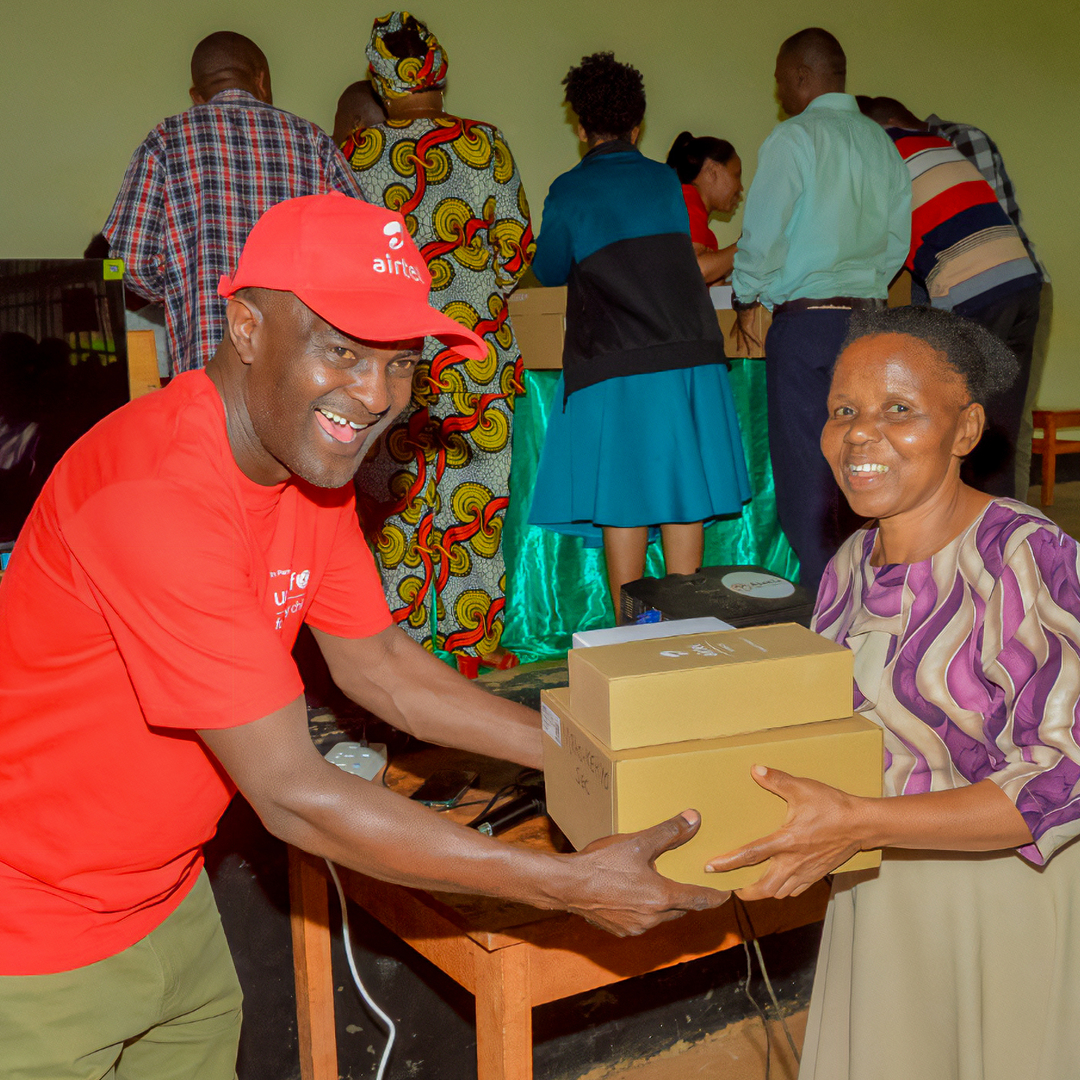
Access to education in action
Airtel Uganda celebrates World Children’s Day by showcasing digital innovation in education
In November 2024, Airtel Uganda, in collaboration with UNICEF and the Uganda Communications Commission (UCC), marked World Children’s Day under the theme ‘Empowering children in Uganda through technology and design’. The event united policymakers, civil society leaders and students from across the country to celebrate the transformative power of digital education.
A major highlight of the celebration was the student innovation showcase, where young innovators presented tech-driven solutions addressing real-world challenges. Trinity College Nabbingo stood out, earning the top award for its outstanding project focused on protecting children’s rights through empowerment, protection and partnerships. Their achievement underscored the impact of Airtel Uganda’s digital initiatives in nurturing creativity and critical thinking among students.
